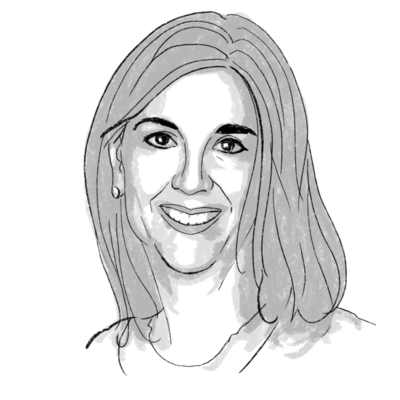Religion has long been a divider in Myanmar – most tragically, in the persecution of the Rohingya. But the urgency of opposing a military coup has brought activists from different faiths together, protesters say.
Monitor Daily Podcast
- Follow us:
- Apple Podcasts
- Spotify
- RSS Feed
- Download
 April Austin
April Austin
The classical music world is wrestling with how to build awareness of Black American contributions and foster greater diversity. For one scholar, that involves deeply exploring the legacy of a composer who was not even American.
Douglas Shadle of Vanderbilt University has written the book “Antonín Dvořák’s ‘New World’ Symphony,” which looks at a staple of the orchestral repertoire. Dvořák, a European composer, arrived in the United States from Prague in 1892 to teach. When he heard African American work songs and spirituals such as “Swing Low, Sweet Chariot,” he worked melodic ideas from them into his 1893 “New World” Symphony.
Critics praised the symphony, but they ignored the composer’s own statements about gaining inspiration from Black musical sources. Some Black musicians applauded Dvořák, but others saw his attempts as “a flattening out of the African American experience,” as Professor Shadle describes it in an interview. Dvořák had captured the sounds, but not the spirit, of the music.
The composer also perpetuated the stereotyping of Black American classical music – that it could only include spirituals and traditional songs. This erased the history of 18th- and 19th-century Black composers who had trained in the European style. It also negated orchestras that were formed by Black musicians before the Civil War in cities like New Orleans.
Today, many audiences expect music by Black American composers to sound like spirituals and gospel tunes, or ragtime and jazz. And, of course, there are fine composers working in those genres. But to change limited expectations will take commitment on the part of orchestras. “Diversity is not just checking off a box,” says Professor Shadle, “but thinking about it within and across [the categories of Black music] to round out the picture.”












